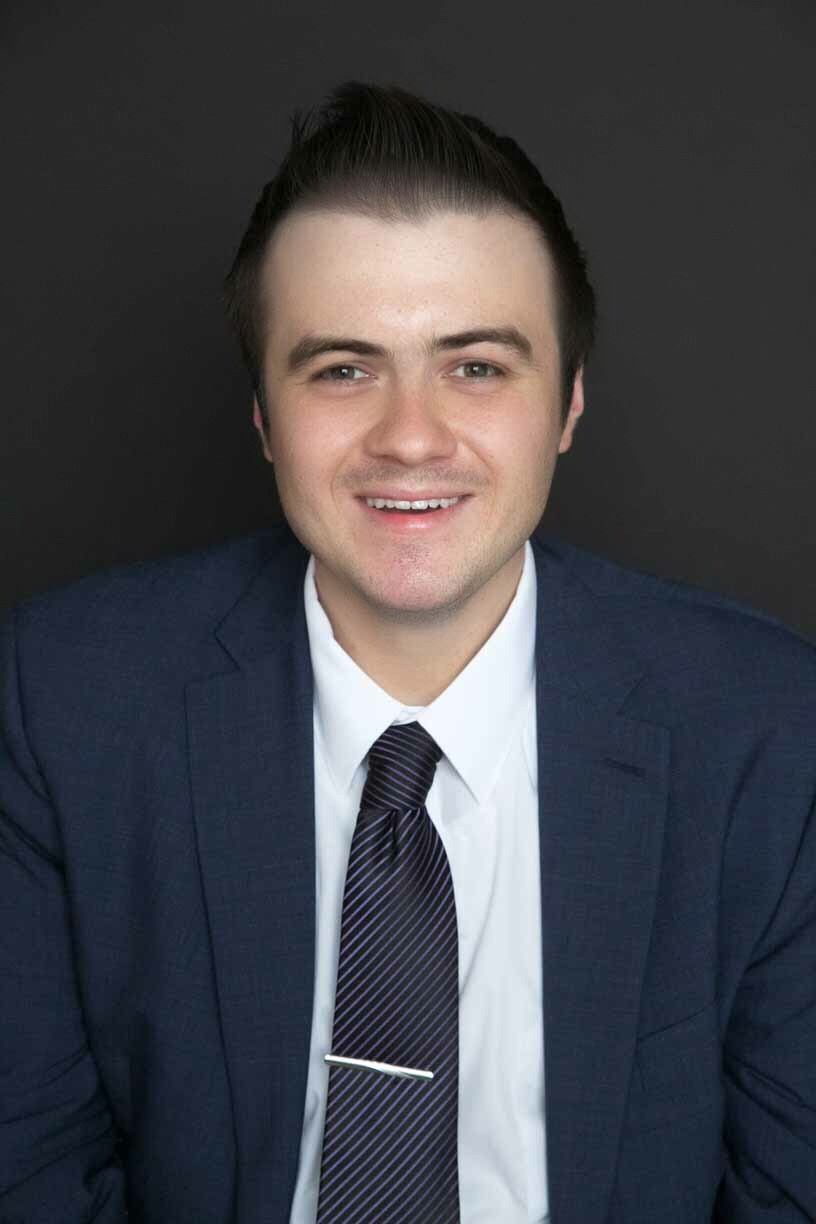Is it Incidental? Brain Lesions and Neuropsychiatric Symptoms
Speaker(s):
Presentation:
This is a case presentation featuring a patient with repetitive behaviors, behavioral agitation, observed responses to internal stimuli, and a reluctance towards verbal communication, who was later found to have a left cerebellar lesion on imaging. The case conference explores the utility of neuroimaging in psychiatric patients, the relationship between the cerebellum and psychosis, and Cerebellar Cognitive and Affective Syndrome.
Objectives:
- Explain the limitations and utility of neuroimaging in patients with psychosis
- Identify appropriate indications for neuroimaging in psychiatric patients.
- Understand the role of the cerebellum in cognition and emotion, and the implications for psychiatric illness.





